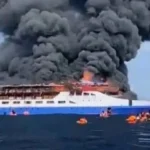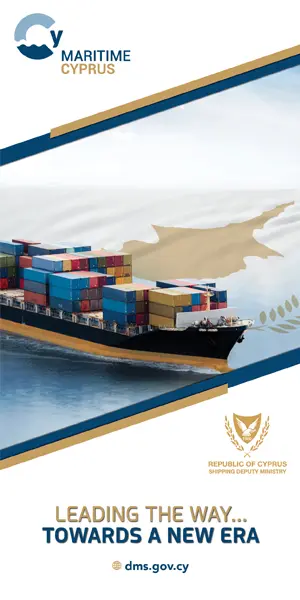INTERCARGO re-iterated its commitment to a safe, efficient, high quality and environmentally sound dry bulk shipping industry at its semi-annual meetings which were held last week. The Executive Committee and the Technical Committee convened over two days via videoconference, and the meetings were presided over by Chairman Dimitris Fafalios, Vice Chairman Spyros Tarasis, Vice Chairman Uttam Kumar Jaiswal, and Technical Committee Chairman Tom Keenan.

The agenda focused on the need to urgently resolve the humanitarian crisis faced by seafarers under COVID-19 and other associated crewing issues; DryBMS as a quality standard for the dry bulk sector; initiatives for the reduction of greenhouse gas (GHG) emissions; the safe carriage of cargoes; bulk carrier design standards; the investigation of bulk carrier casualties; ballast water management; implications of the sulphur limit on fuels; and piracy threats.
Key outcomes of the meetings were: Crew changes and vaccinations: Top of the agenda was the continued lack of universal recognition of seafarers as key workers. Despite the industry’s efforts, and the active support of INTERCARGO, seafarers continue to be overlooked by world governments, facing a lack of both access to medical services and an efficient and prioritised worldwide vaccination programme.

Dimitris Fafalios, INTERCARGO Chairman, reiterated: “While the UN IMO and global maritime organisations’ efforts must permeate every area of the shipping industry, urgent action outside the maritime sphere is needed by government leaders at the highest level. Universal commitments for collective action are imperative to resolve the seafarers’ humanitarian crisis and to keep global trade moving. Coordinating a worldwide vaccination programme for seafarers is an urgent priority.”









